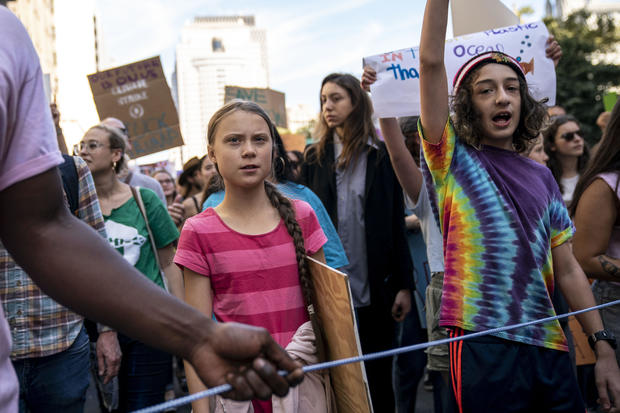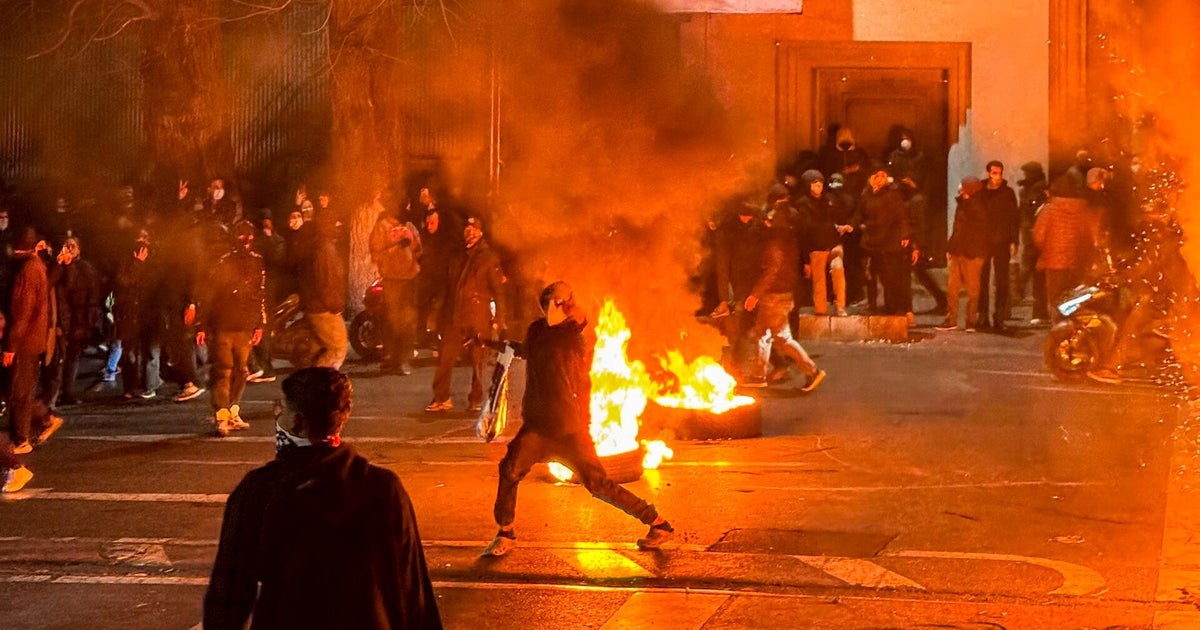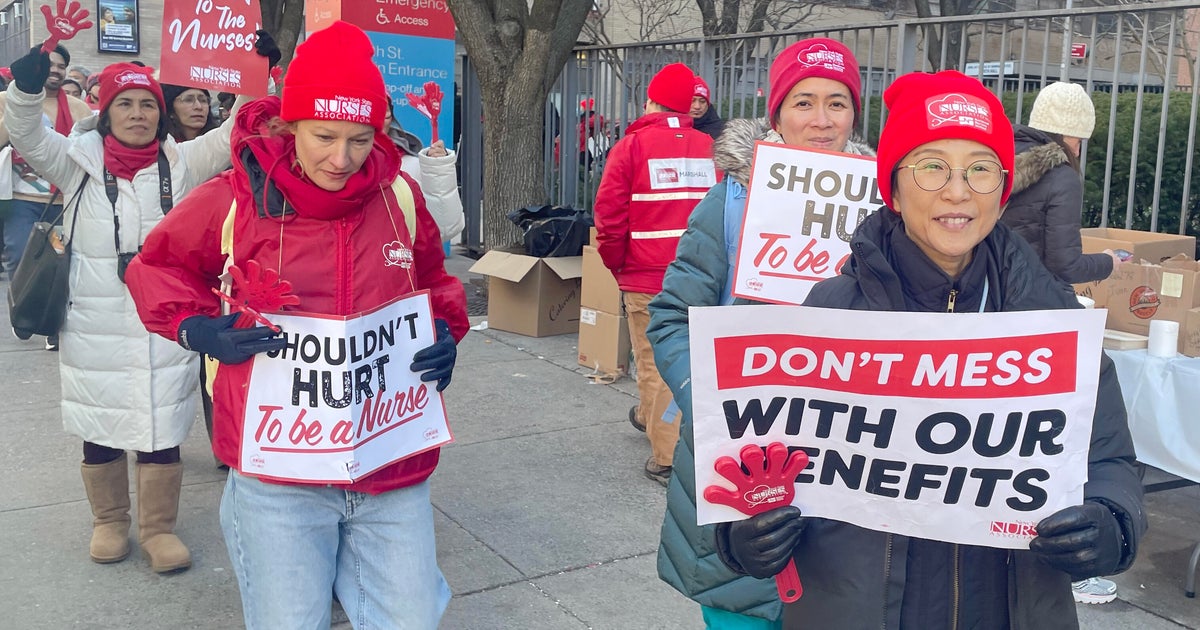"Climate strike" named word of the year by Collins Dictionary
"Climate strike" is the word of the year, according to Collins Dictionary. The word is defined as "a form of protest in which people absent themselves from education or work in order to join demonstrations demanding action to counter climate change."
Collins says the word has been used on average 100 times more in 2019 compared to last year. The dictionary says the word was first noted in November 2015 when a protest was held outside the UN Climate Change Conference in Paris.
But "climate strike" firmly came into the zeitgeist this year, after 16-year-old climate change activist Greta Thunberg skipped school for months and became a "superstar, spreading her call for climate action around the world," according to Collins. Thunberg encouraged millions of people, young and old, around the world to participate in climate strikes.
The dictionary's decision to choose "climate strike" underscores a recent focus on words related to the environment. In 2018, Collins' word of the year was "single-use," referring to plastic products that are made to be used only once. And one word on the shortlist this year was "rewilding," defined as "the practice of returning areas of land to a wild state."
"Nonbinary" also made the shortlist in recognition of the "changes in how people relate to each other and define themselves." Nonbinary people do not define themselves as either male or female and generally prefer the pronouns "they" or "them" instead of he or she.
The word is already in the Merriam-Webster dictionary but was popularized this year when musician Sam Smith came out as nonbinary. The decision sparked a debate online about how people identify themselves and choose not to conform to the binary categories of male and female, heterosexual or homosexual.
LGBT charity Stonewall believes the inclusion of the term was a great decision. The director of campaigns, Laura Russell, said it is "important that more organisations and people use language that includes everyone."
"Influencer" also made the shortlist, referring to people who use social media to promote lifestyle choices or commercial products to their followers.
As Collins is a British dictionary, there is also a nod to the ongoing Brexit process. Collins compiled a list of Brexit-related phrases that show how language used in the U.K. has changed as a result of its decision to break from the European Union.
"Brexiety" reflects the anxiety felt among some people around the U.K.'s political future. One particularly prominent word is "Brextension," which describes the extensions to the deadline for Britain to leave the E.U.






